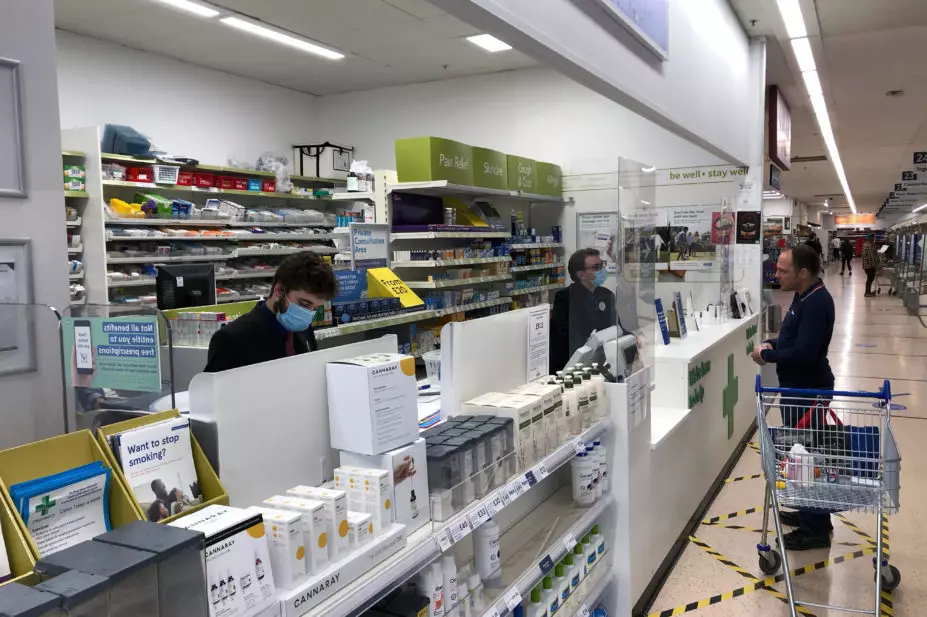
Edward Crawford / Shutterstock.com
There has been a six-fold increase in the number of pharmacists applying for the Overseas Pharmacists Assessment Programme (OSPAP) between 2019 and 2021, General Pharmaceutical Council (GPhC) data show.
Successful completion of the OSPAP is a requirement for internationally-qualified pharmacists who want to join the GPhC register.
Internationally-qualified pharmacists are those whose qualifications are from neither the UK nor the EEA, or who are citizens of a non-EEA country with an EEA qualification other than a UK-recognised pharmacist qualification.
The figures, provided by the GPhC on 27 January 2022, show that there were 353 OSPAP applications between 4 March 2021, when pharmacists were added to the Home Office’s shortage occupation list, and 17 October 2021. This was a three-fold increase from 2020, the same period in which there were 105 applications, and a six-fold increase from the 58 applications in the same period in 2019.
Being on the shortage occupation list means that it is easier for overseas pharmacists, and other professionals on the list, to successfully apply for a skilled worker visa through the UK’s immigration system.
Malcolm Harrison, chief executive of the Company Chemists’ Association (CCA), said that the CCA welcomes the increase in OSPAP applications.
“Pharmacists trained overseas make a hugely valuable contribution. This may be a positive consequence of the addition of community pharmacists to the Home Office’s shortage occupation list, which makes it easier for workers to obtain visas.
“However, whilst this is a welcome development, there are many factors at play in the current workforce crisis and pharmacists trained overseas are not a panacea for all the issues. NHS England and NHS Improvement and the government must devise a long-term plan to ensure sufficient numbers of community pharmacists are trained domestically.”
Since the UK left the EU in January 2020, pharmacists from EEA nations with relevant European qualifications that are listed in Directive 2005/36/EC of the European Parliament and of the Council have still been able apply to register with the GPhC for up to two years.


